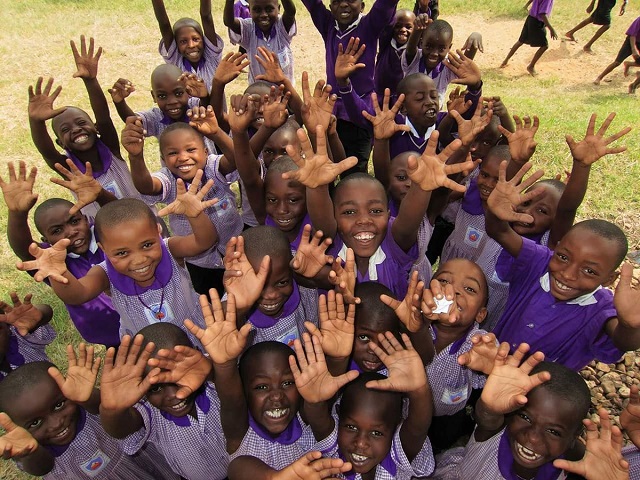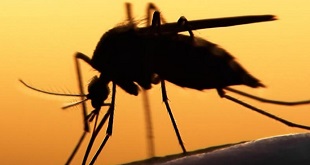
Kampala, Uganda | THE INDEPENDENT l The global alliance for vaccine initiative -GAVI says that about 50,000 children in Uganda have never received a single vaccine dose, and therefore remain unprotected against any killer disease.
This also makes it almost impossible to eradicate some diseases from the country.
For this reason, Gavi has included Uganda in it’s new initiative, the Zero-Dose learning hub, which is aimed at reaching the millions of children who have never got any routine vaccination shot (the Zero-Dose Children) around the world.
The Zero-Dose Learning Hub (ZDLH) is a network of global and national organisations focused on collecting and sharing high-quality data, evidence and learning about such children, and helps transform these into effective action, particularly in lower-income countries. This aims at putting a countries are on equal footing in child immunisation.
“Reaching the millions of “zero-dose” children who have yet to receive a single vaccine represents one of the final – and most complex – barriers to overcome in the push for global immunisation equity,” says Gavi in a statement.
Gavi will fund and coordinate the initiative while JSI Research and Training Institute, Inc. (JSI) will lead the global hub with support from the Indian Institute of Health Management Research (IIHMR) and The Geneva Learning Foundation (TGLF).
The goal of the ZDLH collaboration is to supplement existing and ongoing monitoring efforts by building deeper understanding and sharing learning on the complex array of factors that impact efforts to reach zero-dose children, particularly in lower-income Gavi implementing countries.
Apart from Uganda, ZDLH is composed of Country Learning Hubs in Bangladesh, Mali and Nigeria, as well as a global hub led by JSI.
Gavi estimates that Nigeria has 2.2 million children that totally missed out on routine vaccination in 2021, one of the biggest populations in the world. Mali had 150,000 and Bangladesh 30,000 Zero-Dose children.
The global hub will provide technical and operational support to countries; and disseminate learning across immunisation stakeholders at the community, national, regional and global levels.
“Zero-dose children face significant and complex systemic barriers that impact their ability to access basic services, including immunisation,” said Thabani Maphosa, Managing Director of Country Programmes Delivery at Gavi.
“This new investment will help inform and improve immunisation programmes to reach the most vulnerable children in urban slums, rural and hard-to-reach areas, and fragile and conflict settings, using tailored approaches and addressing gender-related barriers,” he said at the launch in Geneva.
The number of zero-dose children in Gavi implementing countries reduced by 14% from 2015 to 2019, before progress was hampered by the pandemic in the following year.This number, according to their study, increased during the pandemic; and in 2021, there were 12.5 million zero-dose children in the 57 lower-income countries supported by Gavi.
As a result, during the 2021–2025 strategic period, Gavi and its partners are focused on reaching zero-dose children and missed communities, taking advantage of the power of innovation and new partnerships to reduce the number by 25% by 2025.
The ZLDH is an addition to Gavi’s Zero-Dose Immunization Programme (ZIP), an innovative initiative that is providing partners with up to 100 million dollars to identify and reach zero-dose children living in displaced communities and fragile and conflict settings.
“JSI is uniquely positioned to lead the ZDLH and address the complex socio-cultural, political, geographic and economic root causes of under-immunisation,” said Kate Onyejekwe, Director of JSI’s International Division. “We have convened a dynamic roster of partners to implement the ZDLH’s charge.”
During implementation, the Country Learning Hubs will first engage with government and other key stakeholders to identify country learning priorities.
Once priorities are aligned, the hubs will begin work on strengthening routine information systems, and implementing research studies, with regular reporting of progress and results shared across the Alliance at the country and global levels. Already, there is increasing momentum and engagement at both the national and subnational levels to address this challenge.
Uganda, Bangladesh, Mali and made progress through 2020–2021, with the number of zero-dose children in all three countries declining, but obstacles remain.
The four Country Learning Hubs will be led by a variety of organisations with specific in-country knowledge.
In Uganda, the Infectious Diseases Research Collaboration (IDRC) and its consortium partners, consisting of PATH and Makerere University School of Public Health will run the country hub.
*****
URN
 The Independent Uganda: You get the Truth we Pay the Price
The Independent Uganda: You get the Truth we Pay the Price

